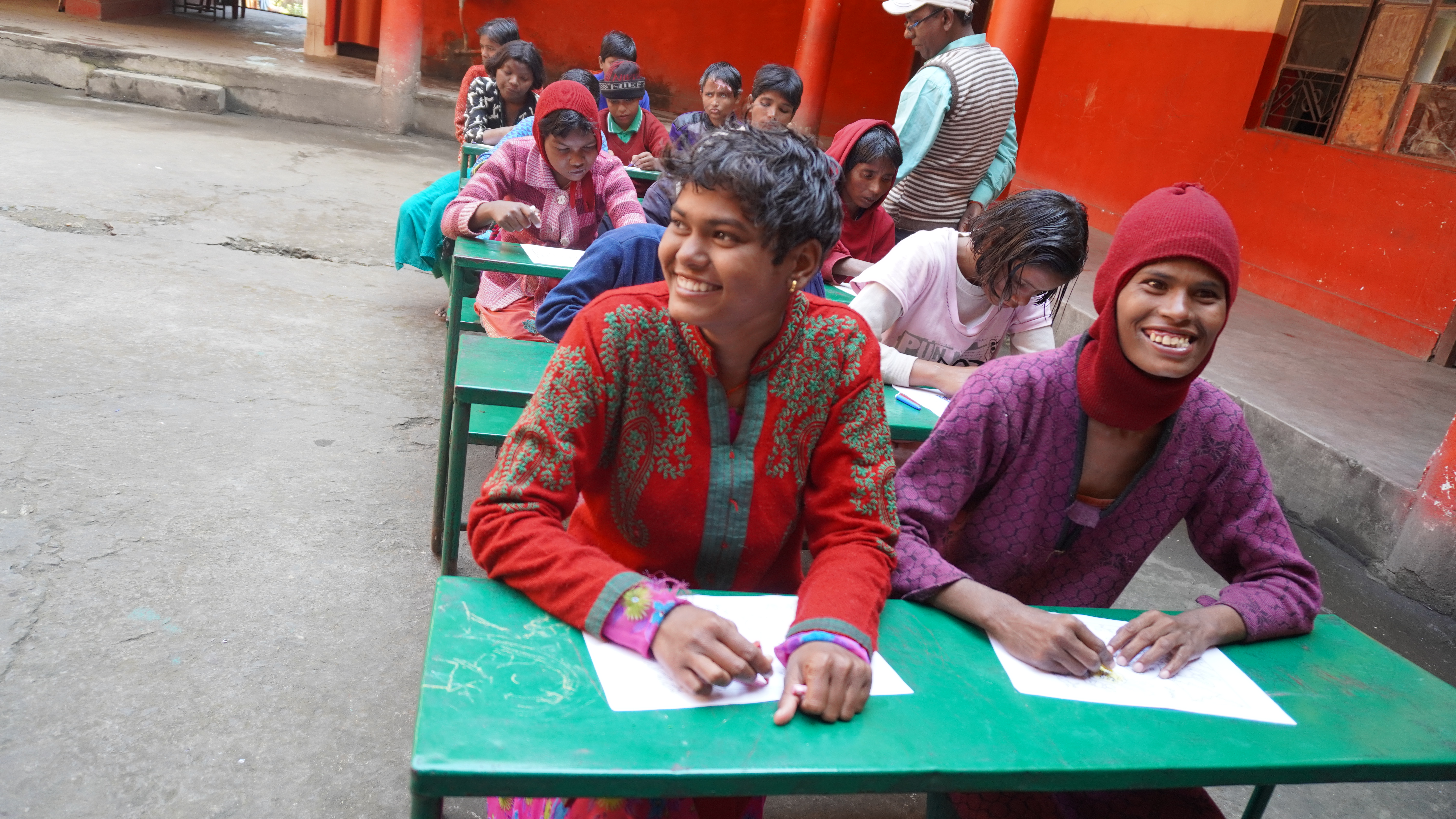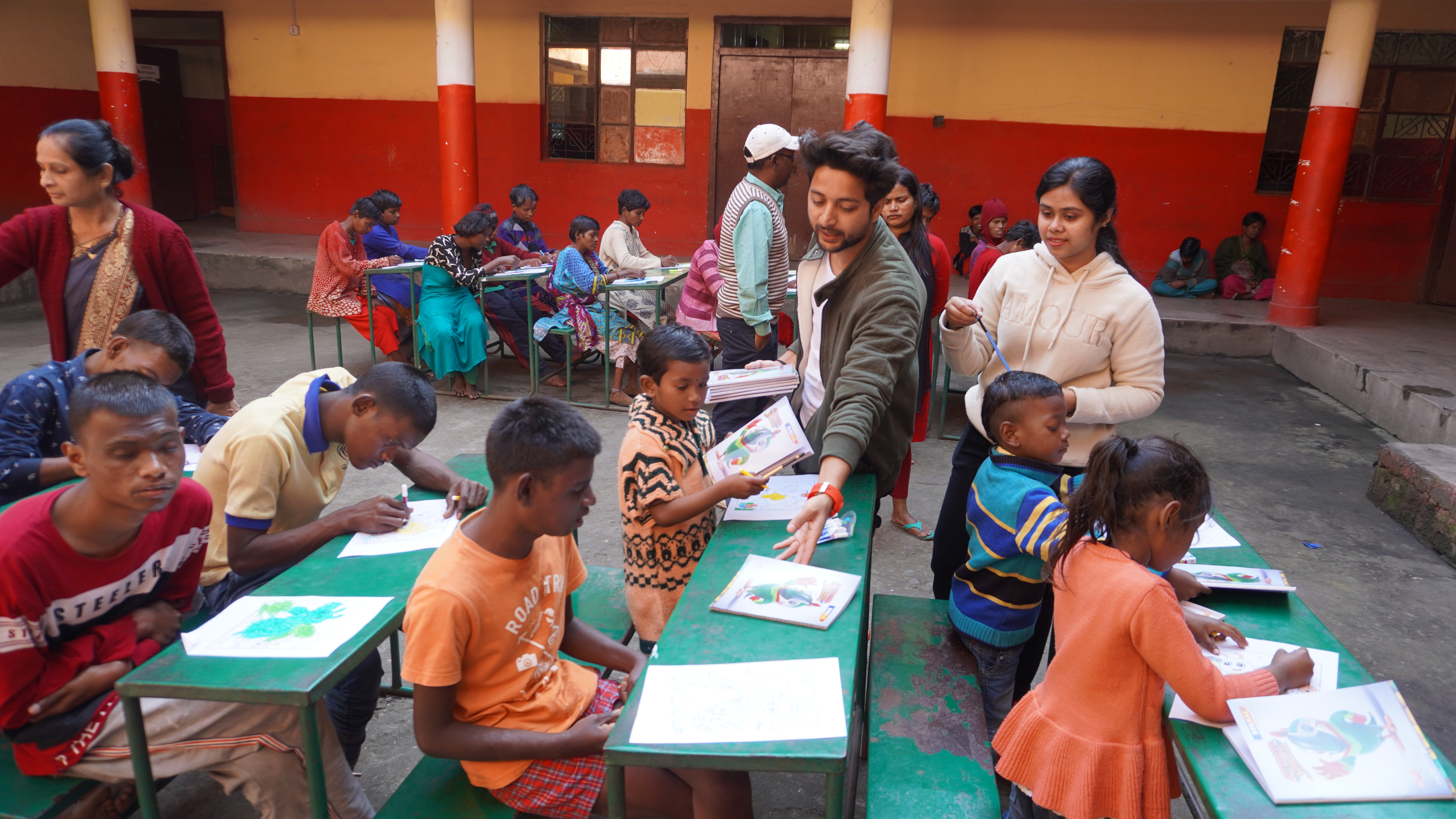Teaching children with intellectual disabilities requires patience, empathy, and specialized teaching techniques. Here are some steps to consider when starting to teach children with intellectual disabilities:
Understand Individual Needs: Each child with an intellectual disability is unique, so it’s essential to understand their specific strengths, challenges, and learning styles. Take the time to observe and assess their abilities, interests, and areas needing support.
Educational Assessment: Conduct an educational assessment to identify the child’s current skills, abilities, and learning goals. This assessment can help tailor instruction to meet the child’s individual needs.
Create Individualized Education Plans (IEPs): Develop individualized education plans (IEPs) in collaboration with parents, special education professionals, and other relevant stakeholders. An IEP outlines specific learning objectives, instructional strategies, accommodations, and support services for the child.
Use Visual Aids and Multi-Sensory Materials: Children with intellectual disabilities often benefit from visual aids, hands-on activities, and multi-sensory materials. Use visual schedules, picture cards, manipulatives, and other interactive resources to enhance learning and comprehension.
Break Tasks into Small Steps: Break down learning tasks into smaller, manageable steps to make them more accessible and achievable for children with intellectual disabilities. Provide clear and simple instructions, and reinforce learning through repetition and positive reinforcement.
Implement Differentiated Instruction: Use differentiated instruction to accommodate diverse learning needs and abilities within the classroom. Offer a variety of instructional strategies, materials, and activities to engage students at their individual levels and promote active participation.
Provide Structured and Predictable Environment: Children with intellectual disabilities often thrive in structured and predictable environments. Establish clear routines, rules, and expectations to create a safe and supportive learning environment where children feel comfortable and confident to learn.
Promote Social and Emotional Learning: Support the social and emotional development of children with intellectual disabilities by fostering positive peer interactions, teaching social skills, and promoting self-regulation and emotional awareness.
Collaborate with Special Education Professionals: Work closely with special education professionals, therapists, and support staff to coordinate interventions, monitor progress, and provide ongoing support for children with intellectual disabilities.
Continued Professional Development: Stay informed about best practices in special education, attend training workshops, and seek professional development opportunities to enhance your knowledge and skills in teaching children with intellectual disabilities.
Remember that every child deserves access to quality education and the opportunity to reach their full potential. By adopting a student-centered approach, building strong relationships, and providing personalized support, you can make a meaningful difference in the lives of children with intellectual disabilities.












